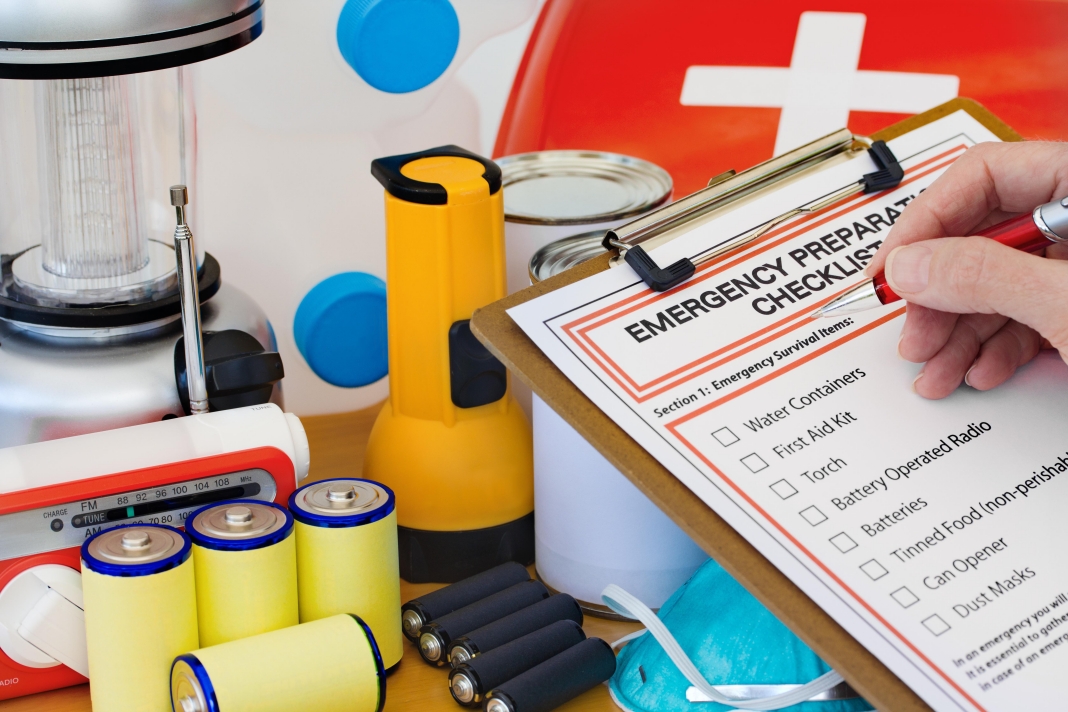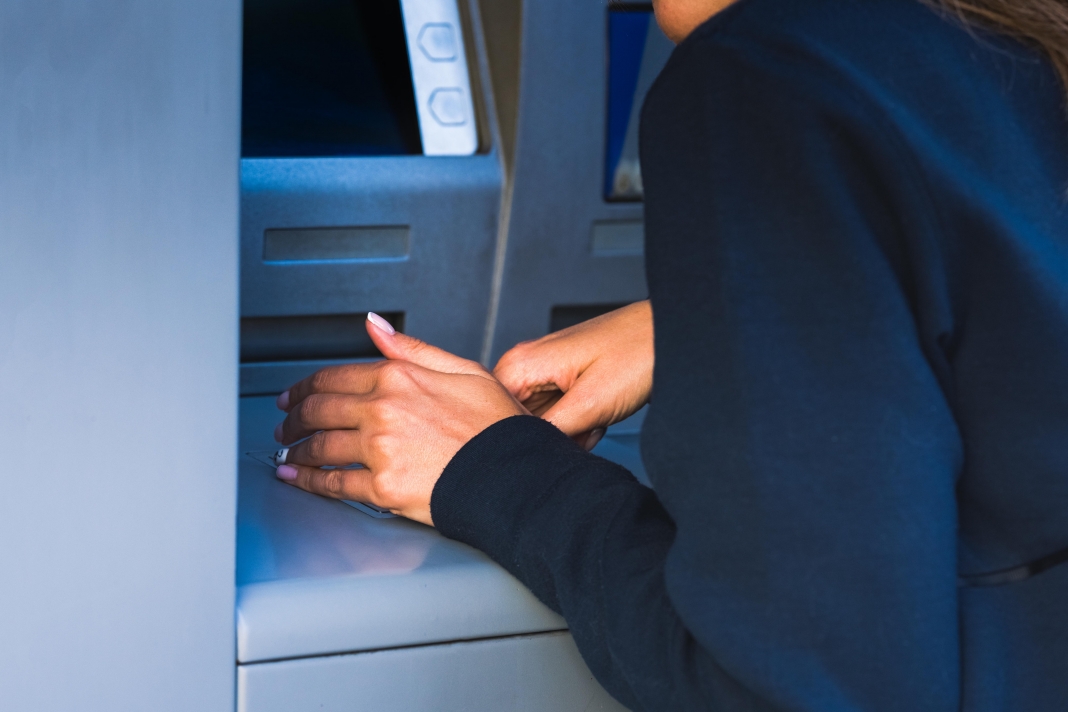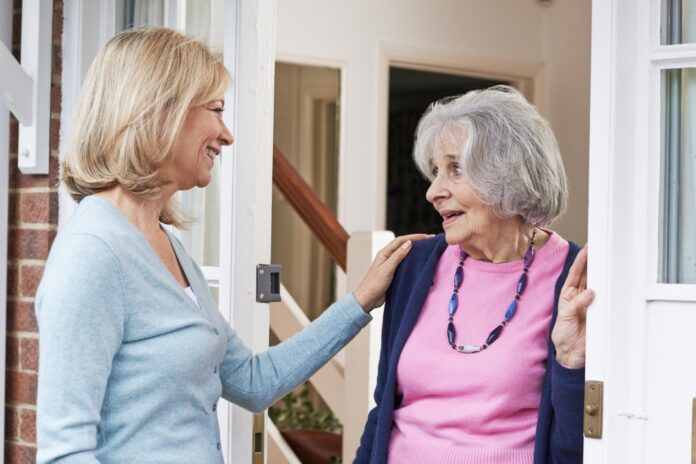Police have long embraced the phrase, “Safer Communities Together.” This symbolises the fact that a connected community is a safer community. You can make your community a safer place by getting to know your neighbours. Here are some ways you can make your neighbourhood safer and develop your relationship with neighbours:
- Help out your neighbours when they are going away, e.g., by bringing in their mail, mowing their lawn, or parking in their driveway. A “lived in” house is less likely to get burgled.
- Find ways to connect and bring your neighbours together. Discuss issues affecting your community.
- Look out for your neighbours and reach out to people who may not have a support network.
- If you’re concerned about the welfare of someone in your community, don’t hesitate to let Police know.
Feeling unsafe can seriously affect how we live day to day. If threats are made to you either in person or online that make you fearful for yourself or others, please contact Police. This includes any incident which may be motivated by hostility based on race, colour, nationality, or religion.
Make sure you tell Police about any incidents of concern which may have recently occurred. Also let Police know how the incident has made you feel, that way they can ensure you are connected to the support you need.
ALWAYS call police immediately using 111 if a crime or incident is happening now and you need an emergency response. Call 105 to report things that don’t need urgent police assistance.
Disasters and Emergencies

Disasters can affect essential services and disrupt your ability to travel or communicate with loved ones. It’s important to be prepared and have everything you need to get you through.
Create an emergency plan – Agree on a household emergency plan. This will help you to respond quicker when a disaster happens. It should include:
- Where you will meet loved ones
- Where emergency items are stored
- Who to contact if you need help.
Prepare emergency survival supplies – Store enough supplies for at least three days. Regularly check everything is in working order and not out-of-date. You should also have essential emergency items in your workplace and vehicles.
Put together a getaway bag – in an emergency, you may need to leave in a hurry. Everyone should have an easily accessible pre-packed getaway bag at home and work which can include:
- Clean clothes
- Toiletries
- Emergency water
- First aid supplies
- Important documents
- Waterproof torch, radio and spare batteries
- Light non-perishable food such as energy bars or dried fruit.
Remove hazards – Where possible and safe, remove hazards around your home and neighbourhoods that are potentially harmful — e.g., by tidying footpaths or removing dead trees and branches near roadways or buildings.
Property and Belongings

- Property crime can have a devastating impact. Here are some simple steps you can take to make your home and property as safe as possible:
- Always lock your car, motorbike, bicycle or other vehicles. A car alarm, steering lock, or good quality chains are extra deterrents too. Ideally keep all vehicles in a garage or out of sight.
- When out and about, keep your belongings secure and close to you. Separate your house and car keys, especially if you have an address on the key ring.
- Don’t provide places for burglars to hide — keep bushes and trees trimmed.
- Don’t answer the door for someone you don’t know or don’t want in your home. Ask for identification if they say they represent a company. If you’re outside for an extended time, e.g., in the garden, lock your front door and keep easily accessed windows secure.
- Keep valuables out of sight — If it can be seen, it can be a target. Keep receipts, warranties, valuations, and serial numbers in a safe place. Take photos or videos of jewellery, art and other precious items.
- Secure your doors, windows, sheds and garages with good quality locks. Install window stays on windows, especially those on ground level, but don’t rely on this as anti-burglar security. If you leave the house, secure all your doors and windows.
- When using a card at an ATM or EFTpos machine – use your body or hand to block others from seeing your PIN. Don’t advertise the cash you are withdrawing, put it away in your wallet or purse before leaving the machine. Be aware of your surroundings, delay using an ATM if you aren’t comfortable with others nearby. Call police immediately using 111 if you are accosted or robbed.
Protect your tools – Do not leave your tools or valuables in your vehicle overnight. Instead, keep them secure and out of sight. Only buy tools from reputable businesses — if the price sounds too good to be true, it probably is:
- Engrave your tools with your driver’s licence number — if found, they are easier to return to you.
- Record the serial numbers of your tools and keep the list in a safe location.
- Secure your tools using good, strong, locks.
- Report any suspicious activity to Police.
Online and Identity Safety
The internet is an important source of information and means of social interaction for children, young people and adults alike. It pays to keep in mind that it can also present dangers, including online fraud, scams, bullying and abuse.

Social Media
- Read through privacy options carefully and make sure you fully understand your rights, and what happens to your data. This goes for app updates as well.
- Set your profile to private, and only invite or accept friend requests from people you already know.
- Don’t post your address, phone number, or other personal information online.
- Scams, Fraud, Spam
Only give personal information to trusted people or organisations. - Remember that legitimate businesses should never send you an email with a link to log in.
- Never reply to a scam message, even if you’re curious.
- If you’re unsure about any requests for details you receive, do some simple checks first. Navigate directly to the company’s website instead of following an email link, call their office directly, or visit a local branch.
- Use a safe search option and reset your computers to use Quad9 DNS to help prevent criminals getting your information. For more information, visit: www.quad9.org
Your Devices and Data
- Install a security program on your computer to protect against threats and viruses.
- Install an ad-blocker to protect against malicious advertisements. Don’t click on advertisements on unfamiliar or untrusted websites.
- Set strong passwords and multi- factor authentication
- Be mindful of what software you download and what permissions you grant to applications.
Regularly back up your data. - Be cautious when using public Wi-Fi networks — avoid doing sensitive things while using them, such as online banking.
Child Safety
- Know who your child is making contact with online. If they are not your child’s actual friends, question their online friendship.
- Know which social networking sites your child is on and what information they are posting.
- Talk to your child about the dangers of posting personal information online.
- Do not allow your child to use the computer in private areas of your home.
- If you or your child become suspicious about a person online, stop contact immediately.

